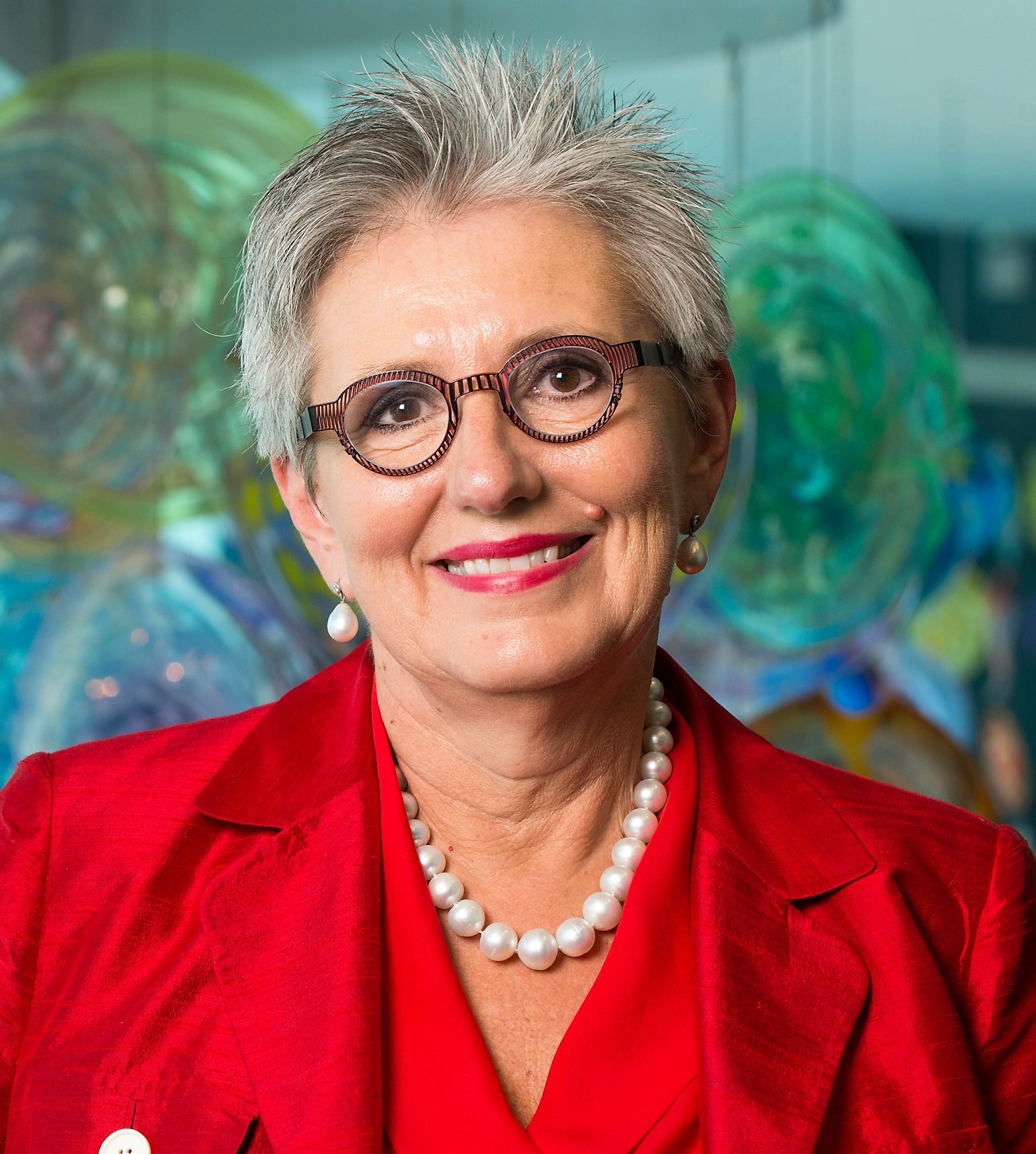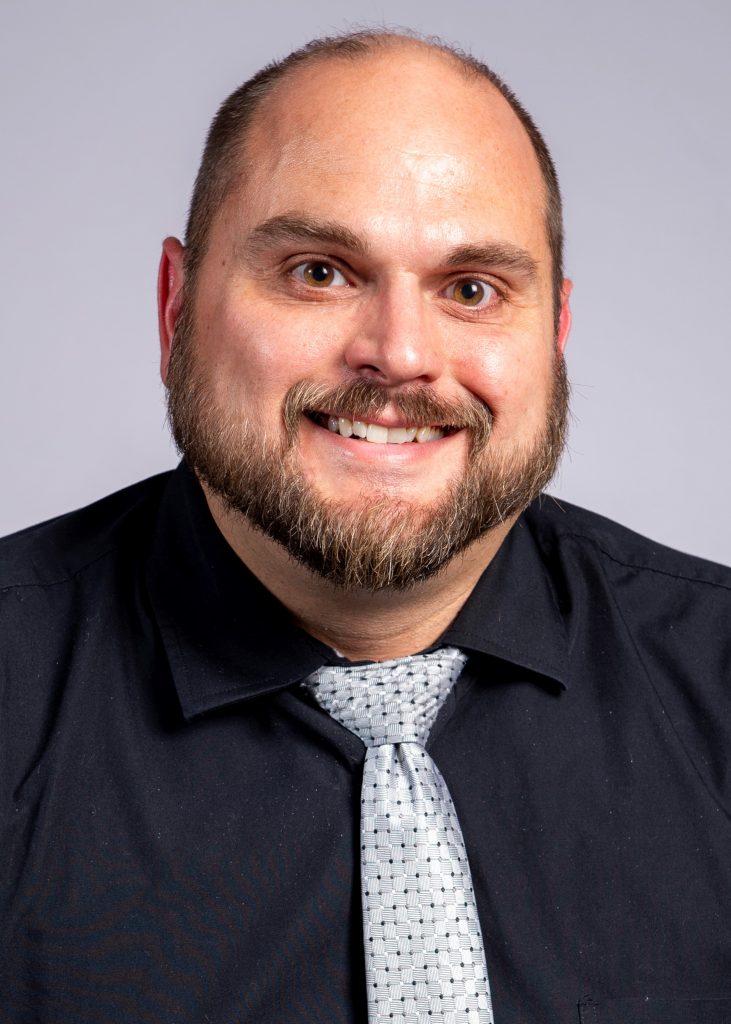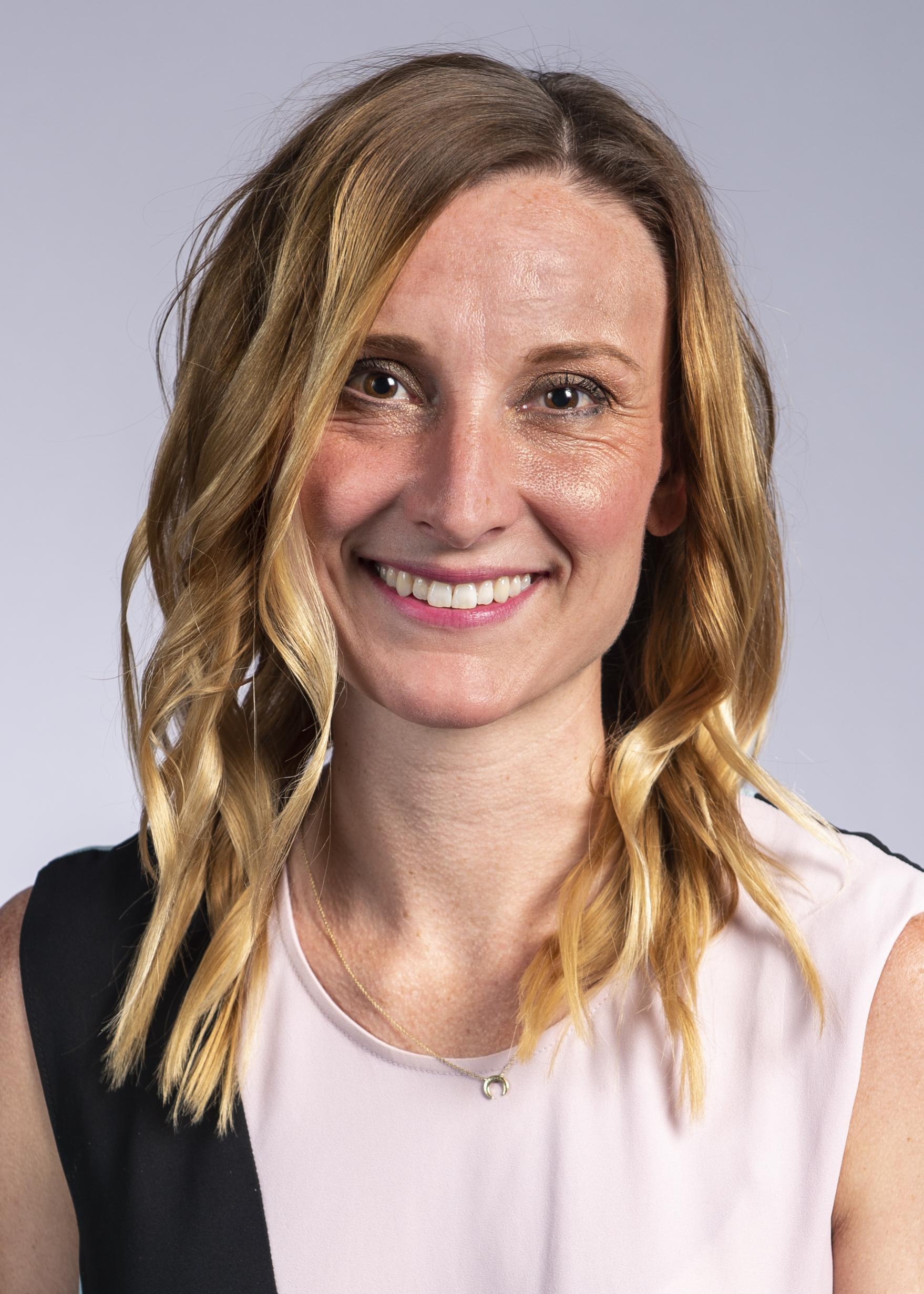Get started with Mizzou
ApplyPost-Professional Doctor of Occupational Therapy
An injury, disability or illness can arrive suddenly, transforming one’s life and outlook in seconds. Or, concerns and impairments emerge gradually, perhaps in response to less ergonomic workplace conditions, age-related changes or a child not hitting their milestones after a few years. While the road ahead appears long, complex and uncertain at times, occupational therapists like yourself guide these individuals back to a familiar place, helping them gain new skills, tackle potential challenges and adapt to their surroundings along the way. Yet, as you build treatment plans and discuss environmental modifications, you contemplate how to expand your influence, reach more patients and improve quality of life on a broader scale.
Mizzou Online's post-professional doctor of occupational therapy (OTD) program positions you to make your move. Through flexible courses designed for licensed occupational therapists (OTs) holding a bachelor’s or master’s degree, you’ll map your next steps, acquiring the theoretical and experiential foundation to advance your career in leadership, management, research, instruction or a clinical setting.
The pathway’s benefits prove to be two-fold. You build on your professional background to assume more responsibility and grow your practice, all while you continue to foster positive outcomes among the patients you assist on a day-to-day basis. At the same time, you progressively upgrade your credentials in line with changing accreditation standards for entry into the field.
About the Online Post-Professional OTD Program
Occupational therapy sessions often resemble roller coasters. At times, patients become visibly frustrated while attempting to master a new or former skill. Once they grasp it, however, you feel elated by their gradual but steady progress and their joy at getting one step closer to independence.
In striving to empower a wider swath of individuals, you might ask yourself, “How can I make more of a difference?” This could look like educating future OT or OT assistant students in therapeutic and evaluative best practices or overseeing a hospital’s occupational therapy department. Or you aim to refine the design of tomorrow’s assistive devices or interventional systems.
The customizable format of Mizzou Online's post-professional OTD program allows you to further your practice and drive innovation through any of these channels. In courses taught by Mizzou’s on-campus OTD faculty, potential outcomes include the following scenarios:
- Leadership roles: Strengthen your understanding of leadership and management for careers teaching future professionals or directing community organizations. Course work and your capstone project explore instructional techniques and the population-wide effects of occupational therapy access.
- Research: Prepare to influence OT practice through course work and a capstone project encouraging you to study and develop applied scientific solutions based on body mechanics and response.
- Advanced clinical practice and management: Through a mix of research- and service-based course work, learn to mentor newcomers, uphold contemporary practice standards and take an evidence-based approach to assessments and interventions.
Quick facts
Official name
Doctor of Occupational TherapyCampus
Program type
DoctorateAcademic home
College of Health Sciences | Department of Occupational TherapyDelivery mode
100% onlineAccreditation
Higher Learning CommissionBOT to DOT credit hours
51BOT to DOT estimated cost
$44,140.50MOT to DOT credit hours
36MOT to DOT estimated cost
$31,158.00*This cost is for illustrative purposes only. Your hours and costs will differ, depending on your transfer hours, your course choices and your academic progress. See more about tuition and financial aid.

Career prospects
Practice doesn’t always make perfect — but it does reinforce vital skills for participating in the workplace, succeeding in school, reducing future injury risks and thriving at any stage along the lifespan. Starting with assessments and then developing tailored treatment plans, OTs shepherd patients toward these long-term goals — whether they’re young children strengthening their motor skills or individuals relearning how to use a limb following a stroke or burn injury.
Health care organizations recognize how crucial OTs are to patient outcomes and continue to hire them for direct rehabilitative, leadership or research roles. In response, the Bureau of Labor Statistics projects 12% more demand through 2032.
Whether you envision yourself nurturing aspiring or recently licensed OTs or conducting studies that shape future assessment methodologies, potential advanced career roles for licensed occupational therapists include:
- Academic fieldwork coordinator
- Assistant professor
- Capstone coordinator
- Clinical instructor
- Manager/director of therapy services or related fields
- Researcher
Program structure
Program structure depends on your prior educational attainment:
Post-bachelor’s: Candidates begin with 15 credit hours of master’s-level courses before segueing into the 36-credit-hour OTD sequence.
Post-master’s: Students directly start the 36-credit-hour OTD series.
In addition to courses and a capstone based on professional interests, students have the option to allocate their elective credits toward a graduate certificate in one of the following areas:
- Public health
- College teaching
- Higher education administration
- Nonprofit management
- Health care project management
- Health ethic
- Public policy
- Youth development specialist
- Administration and management of family and community services
- Organizational change and conflict management
Courses are semester-based, and students spend a minimum of two years in the post-professional OTD program. The time to completion depends on the number of credit hours needed.
While courses are 100% online, students are required to attend campus for a summit, which is scheduled bi-annually. Attendance at only one event is required. In the event that attendance is a hardship, alternatives will be explored.
Coursework includes
Deepen what you know about occupational therapy through courses delving into:
- Research related to clinical practice.
- Practice analysis and program evaluation.
- Population and community health and the role of the OT.
- Professional leadership and development for OTs.
- Teaching theories and instructional design for the allied health field.
Review all requirements for the online post-professional OTD program.
Delivery
100% onlineCalendar system
Semester-basedTypical program length
VariesTypical course load
VariesSee all online programs offered through the College of Health Sciences.
Accreditation
The University of Missouri is accredited by the Higher Learning Commission, one of six regional institutional accreditors in the United States.
Faculty spotlight

Dr. Winnie Dunn is a distinguished professor with nearly 50 years of professional and academic experience. Her research involves identifying people’s distinct sensory patterns, and linking these patterns to behaviors within everyday life in the general population and in people who have conditions such as autism and schizophrenia. She designed the assessment, Sensory Profile, which is used internationally in practice and research. Additionally, she studies coaching practices and has shown the significant positive impact of quality coaching on parent’s sense of competence and children’s participation. She has published hundreds of papers, chapters and books. Her book for the public, "Living Sensationally: Understanding Your Senses," has been translated into many languages.

Timothy J. Wolf is a professor in and chair of the Department of Occupational Therapy, and has been selected to serve as associate dean for research starting Oct. 1, 2021. He is the director of the Performance, Participation and Neurorehabilitation Laboratory. The goal of the lab is to guide intervention aimed at improving participation in work and community activities post- neurological injury, with current research focusing on individuals with stroke and cancer-related cognitive impairment. The two primary objectives of this research are: (1) to identify and manage functional cognitive deficits to improve participation; and (2) to investigate the efficacy of self-management education and cognitive-strategy training based interventions to improve health and participation outcomes. He has published multiple clinical studies using CO-OP with adults with neurological injury, is CO-OP certified and also is a certified CO-OP trainer. His current NIH-R01 funded study is evaluating the use of CO-OP to improve occupational performance in individuals with sub-acute stroke.

Dr. Whitney Henderson earned a master’s in occupational therapy in 2008 from the University of Missouri-Columbia (Mizzou) and a clinical doctorate in occupational therapy in 2017 from Creighton University. She currently teaches a wide variety of entry-level Doctor of Occupational Therapy (OTD) classes related to adult evaluation and intervention. She supervises students in the adult outpatient clinic. In addition, she teaches in the post-professional OTD program and provides mentorship in teaching practicum and capstone projects. Whitney researches neurological conditions, such as stroke, Parkinson's disease and concussion and topics on advancing the scholarship of teaching and learning.

Dr. Tiffany Bolton has eight years of teaching experience and 10 years of clinical experience. Dr. Bolton is involved in leadership activities at the national and school level, specifically related to children and youth, as well as curriculum development. She has developed multiple community partnerships centered around pediatric mental and behavioral health, preschool social-emotional development and kindergarten readiness. Along with her co-creator, she has developed the Just Write! handwriting assessment for preschool children and the A Way Forward initiative focused on helping vulnerable families with children with mental and behavioral health concerns. Dr. Bolton engages in teaching, clinical practice and research in pediatric neurological and complex medical conditions, well-being, pediatric mental and behavioral health and case-based learning.
